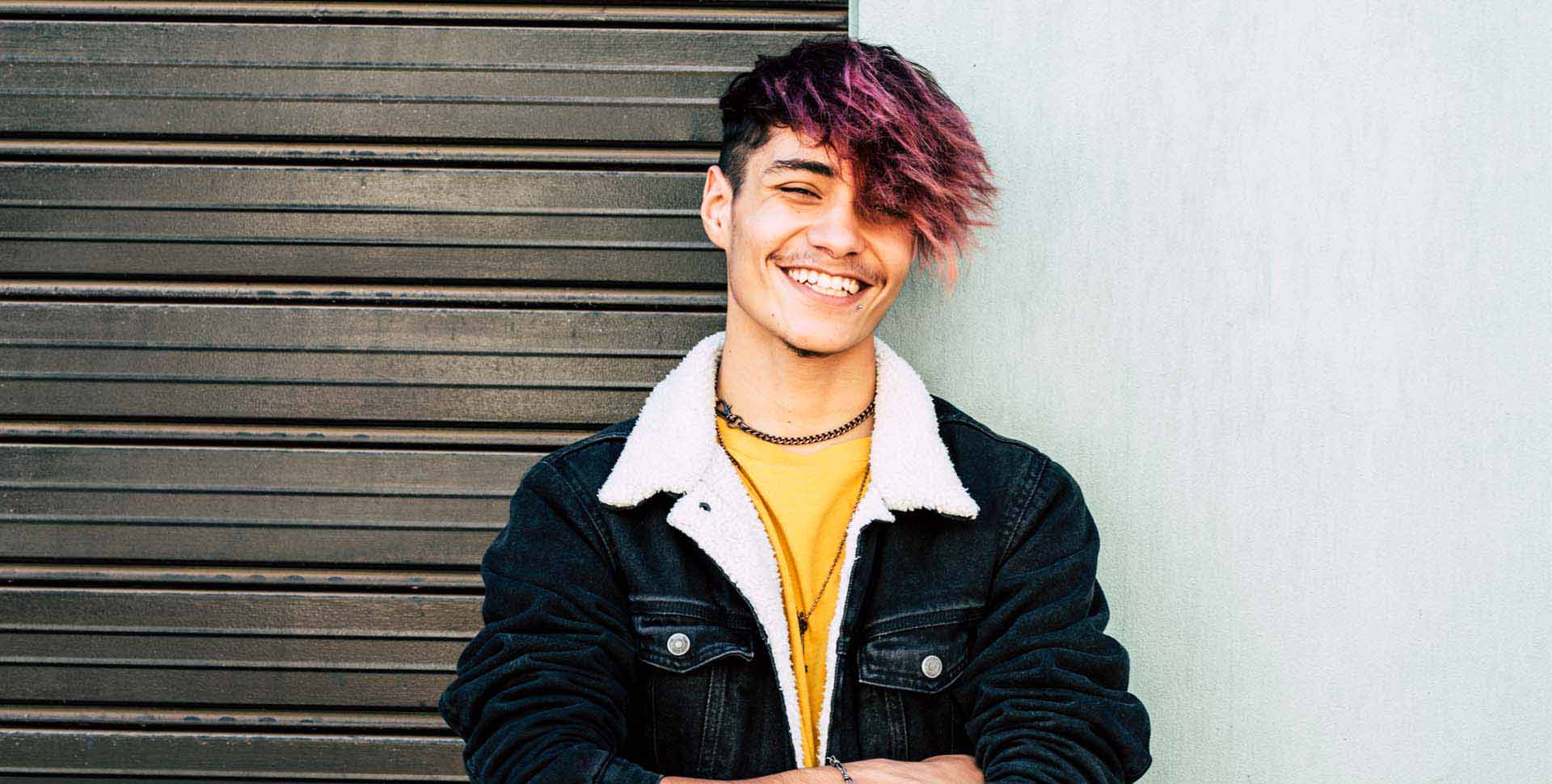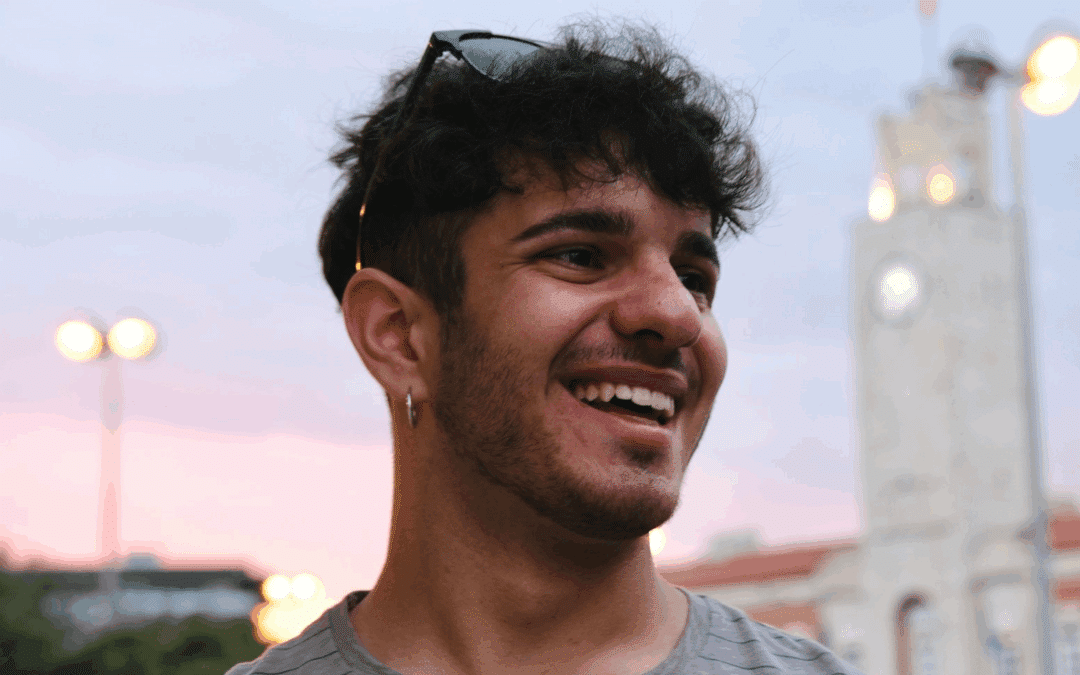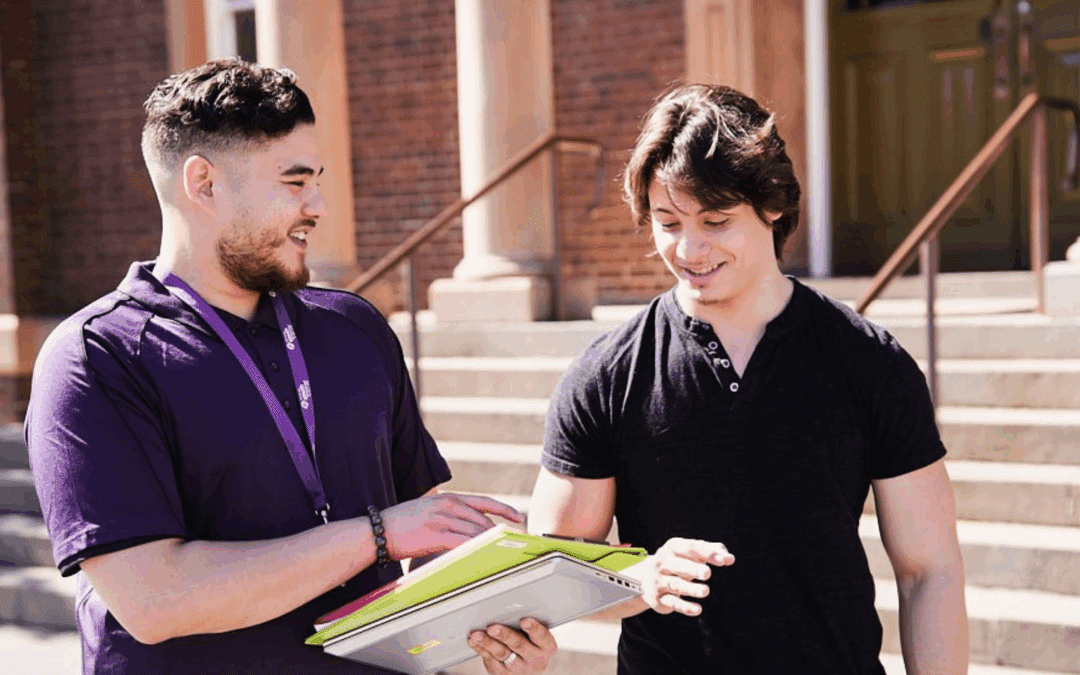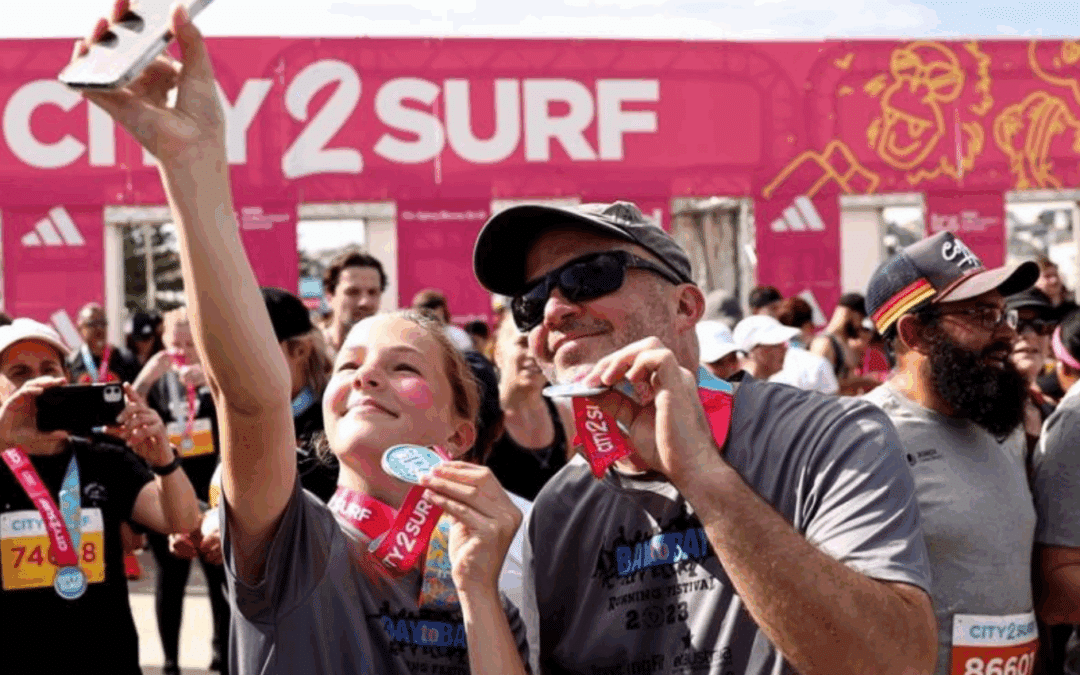Young people misuse substances for many reasons, but the young people we work with at Youth Off The Streets tend to use alcohol and other drugs as a coping strategy in response to trauma, depression, anxiety and other underlying problems.
Dunlea Alcohol and Other Drugs (AOD) Youth Service is one of the oldest programs within Youth Off The Streets, and supports young people aged 13 to 19.
Kellie Lucas, our Alcohol and Other Drugs Counsellor, provides young people with the mental health support that is essential to breaking the cycle of substance abuse.
How does the Dunlea AOD program help young people?
The AOD program is a three-month program. We’re not an abstinence-based program. As the counsellor at Dunlea, I get to work with the young person for longer than the three months to get more done in terms of therapy.
I offer therapeutic support not only to the young people who are coming to our AOD program, but to other teams within our support services.
If any staff members need help with a young person – and have specific questions around mental health interventions – they contact me and I can set them on the right path.
I engage with young people when they have concerns around substance or alcohol use, whether that is their own use, or a family member.
For example, they might be living in a home where dad is drug dependent, or mum has alcohol concerns. That increases their chances of using substances because they’re seeing it modelled in front of them.
I can work with them for up to about six months. If a young person has been identified as having concerns around methamphetamine use or alcohol, more often than not they have mental health concerns. If they’re not already engaged with a psychologist, psychiatrist or external counsellor, we ask if they want to see me.
What are some of the risk factors for substance misuse?
Trauma is first and foremost; that is almost always present. It’s just the range and the complexity of the trauma that changes.
A lack of support at home, social disconnection and self-harm are risk factors. It can be bullying or eating disorders. Or the behaviours have been modelled for them at home. It can be so many things – the list is long.
What does therapeutic support look like?
If a young person referred to our program is misusing methamphetamines or alcohol, there are any mental health indications on the referral, and they’re happy to engage with me as a counsellor, we conduct an initial assessment.
I identify how acute their presentations are. If it’s something that requires longer-term care and a worsening condition, they wouldn’t be suitable for this program.
If their substance use means they’re not going to school or engaging with family, then we go into the trauma-informed practice that we base my counselling sessions around. It’s a strengths-based process that also includes psychoeducation from the caseworkers.
When it comes to the mental health side of things – depending on what the young person presents with – we determine a plan as to how we’re going to attack it.
Young people are all so different, and they all have different needs. I have a close relationship with the caseworkers and work alongside them. Because along the way, we also need to be mindful that things change – that’s the nature of the young person’s situation.
Why is it important to address their mental health?
More often than not, they’re using alcohol or drugs to cope with their mental health concerns.
They use them to cope with low moods or rising anxiety, or they get low moods and a rise in their anxiety from substance use. They go together.
It’s few and far between that I’ve come across a young person who has concerns around substance use and no mental health concerns.
What is unique about our service?
Most of the workers have come from backgrounds that identify with the young people. For example, one of our caseworkers, Steven, came through one of our independent schools. He started doing outreach with us and then became a youth worker. Now as a caseworker, he absolutely gets it. There are many other examples of this, and they identify with young people’s concerns.
We also provide a laid-back environment. It makes young people feel comfortable. We have ping pong, free food – it’s very chill.
I like to say that we don’t sit across from young people, we sit next to them. At Dunlea, we talk if they want to talk, we don’t if they don’t. You don’t get that in any other setting. It’s more flexible.
We also let them communicate the way they want to. We understand that they’re frustrated, and want to get their point across. We consider their needs and are mindful of where they’re at.
If someone is struggling with substance abuse and wants help, what can they do?
Definitely reach out for support. Talk to someone. Engage with a service. Youth Off The Streets is fantastic it’s a softer entry into a support service.
Remember there’s always light. And there’s always a choice.
If you’d like to reach out for support, please visit our Need help now? page for ways you can get in touch.



